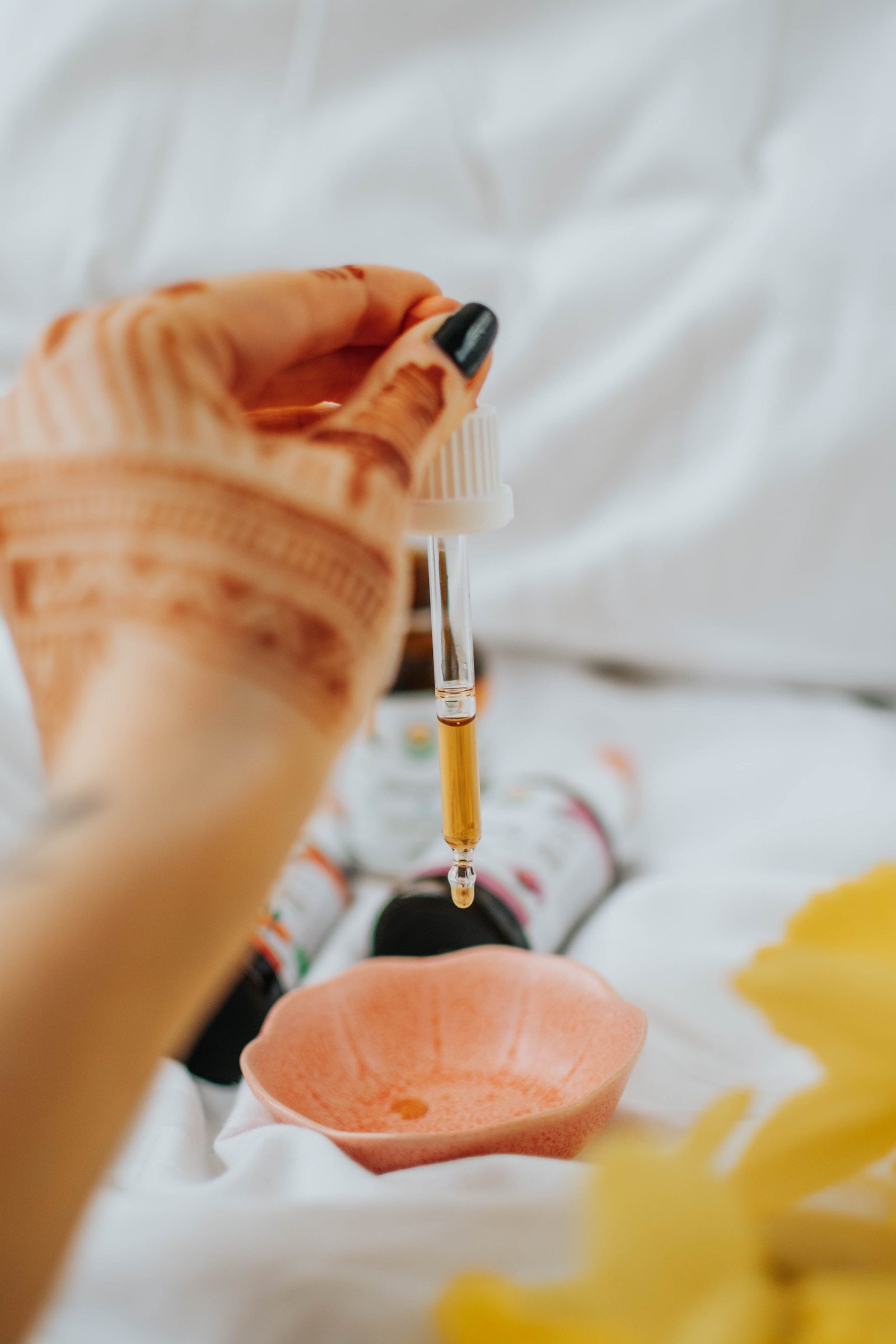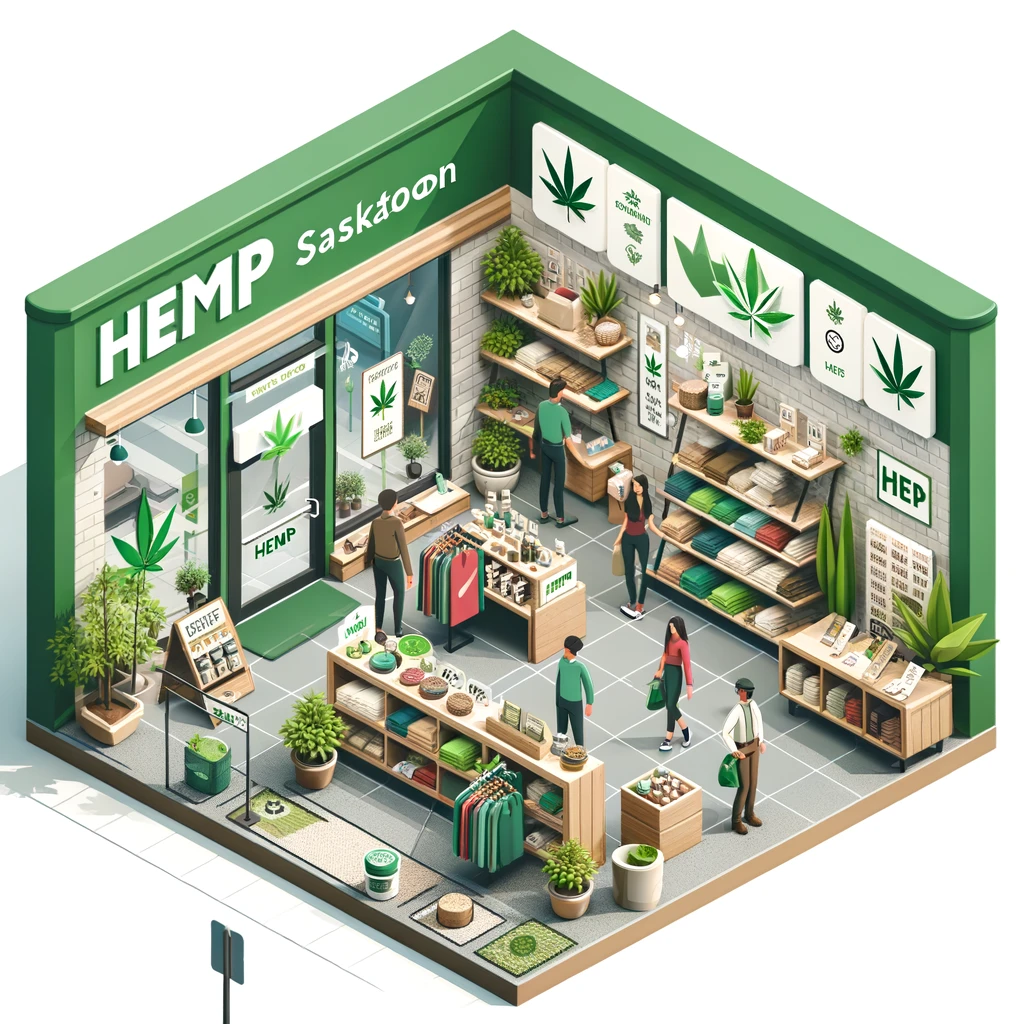
How to Make Your Own Marijuana Tinctures at Home
Written: editor | July 11, 2023
Understanding Tinctures
Definition
Tinctures are concentrated herbal extracts. They’re made by soaking herbs in alcohol. This tincturing process extracts the active ingredients from the herbs for herbal medicine. People use tinctures mainly for health and wellness.
The making of a tincture involves choosing the right herb and alcohol for tincturing various tinctures. You then let them sit together for weeks. The result is a powerful extract.
Benefits
One major benefit of tinctures, crafted by a local herbalist through tincturing and infusions, is their easy absorption by the body. This means your body can use the benefits of various tinctures, infusions, and tea recommended by a local herbalist faster than if you were consuming herbs directly.
Tinctures also have a long shelf life. They last longer than both fresh and dried herbs, making them very convenient to keep at home for recipes due to their extended shelf life.
They offer discreet usage too. You can take these tea products and berries parts without drawing much attention, which is great for those who are always on-the-go.
Types
There are several types of tinctures based on what they’re made with, including powdered herbs, for use in medicine products.
- Alcohol-based tinctures are common due to their efficiency in preserving and extracting herbal properties, including powdered herbs, through tincturing.
- For those avoiding alcohol, vinegar-based tinctures serve as an excellent alternative for tincturing, with recipes often substituting tea or everclear.
- Lastly, glycerin-based tinctures, also known as glycerites, provide sweetness and cater to individuals sensitive to alcohol, offering an alternative to Everclear-based tincturing.
Each type has its own set of advantages depending on one’s needs or dietary restrictions.
Essential Equipment
Containers
To make your own tinctures, dark glass bottles or jars and grain alcohol or Everclear are crucial. They shield the contents from harmful light. This protection ensures the longevity and potency of your tincture, made with powdered herbs and grain alcohol. Before pouring anything in, sterilize each container thoroughly. It prevents unwanted microbes from spoiling your concoction.
Sealing the containers tightly is another vital step. A good seal keeps evaporation of solvent and water at bay and stops contaminants from getting into bottles and jars. Your tinctures remain potent and safe for use.
Herbs
The choice of herbs greatly affects your tincture’s quality. Opt for organic herbs to sidestep pesticide contamination. Organic options offer a cleaner, safer base for extraction.
Fresh herbs, a key plant in tincture and tea making, are known for their vibrant properties but they do soak up more alcohol and water during the process. On the other hand, dried herbs for tincture or tea are less demanding on alcohol volume and boast an extended shelf life in jars, making them a pragmatic choice for beginners or those looking to stock up on plant materials.
Alcohol Types
Selecting the right type of alcohol, like everclear, is key in tincture-making.
- High-proof alcohol (40% ABV or higher) excels in extracting herbal essences for tincture and tea preparation, especially from powdered herbs.
- Vodka, a grain alcohol, is favored by many for tincture and tea due to its neutral flavor profile; it doesn’t overshadow the powdered herbs’ natural tastes.
- For those seeking depth in their tea concoctions, brandy offers a sweet warmth that can enhance certain herbal blends, including powdered herbs and tinctures, beautifully when mixed with grain alcohol.
Choosing equipment wisely lays a solid foundation for successful tincture-making endeavors with powdered herbs, tea, plant extracts, and the right recipe.
Safety Tips
Handling Herbs
Chopping fresh herbs finely is a smart move. It increases the surface area for extraction. This means you get more out of your herbs. Dried herbs need attention too. They should be properly crushed or ground. But, there’s a catch with powdered herbs. They are tough to strain and can mess up your grain alcohol extraction tincture.
It’s good to remember these tips:
- Finely chop fresh herbs.
- Crush or grind dried herbs.
- Avoid powdered forms.
These steps ensure that you extract as much goodness as possible without any work or luck.
Alcohol Use
The kind of alcohol, water, and how much you use matters a lot in tincture making with powdered herbs. The general rule for making a tincture is simple: the ratio of powdered herbs to alcohol changes with each herb’s potency and moisture content, unlike tea which uses water. Sometimes, tougher materials like woody plant stems need higher alcohol content for tincture water.
Here are some suggestions:
- Adjust the powdered herb-to-alcohol ratio based on the plant’s characteristics for tincture preparation.
- Use higher alcohol content for tougher materials.
Alcohol does two jobs here—it acts as both a solvent and preservative, pulling out useful compounds from the plants while keeping your tincture stable over time, making it ideal for extraction of extracts from powdered herbs without the need for water.
Step-by-Step Guide
Preparation
Cleaning
Before you dive into making your own plant extracts, cleanliness and water are crucial for extraction. Sterilize all equipment to prevent any microbial growth. This means boiling tools or using a sterilizing solution. Clean your work surfaces as if you were about to perform surgery on them. And don’t forget, washing your hands thoroughly with water before handling any ingredients or equipment sets you off in the right way and help you start off on a good luck.
Measuring
Getting the measurements, extraction time, and water right is key for consistent strength and effectiveness of your tinctures, but questions remain. For fresh plant herbs, stick to a ratio of 1 part herb to 2 parts alcohol by volume for tincture preparation in a jar. If you’re using dried herbs for your tincture, adjust this ratio to 1:5 in a jar with water and plant material. Different herbs and plants may require specific adjustments based on their properties and the potency you desire for the tincture, including the need for a specific jar. It’s like following a recipe from a blog but with room for personal touch, way, and time in a jar.
Maceration
The heart of tincture-making lies in maceration; soaking the plant herbs in alcohol or water over several weeks in a jar while shaking regularly ensures proper extraction over time. Store this plant tincture mixture in a jar away from light and heat – think cool pantry or cabinet shelf – during this period. Labeling tincture jars with both start date and ingredients used, including plant time, avoids confusion later on, especially if you’re experimenting with multiple batches.
Straining
Once patience, hope, and luck have rewarded you after several weeks, it’s time for straining the jar. Using cheesecloth or a fine mesh strainer will separate liquid gold extract from plant solids efficiently in tincture preparation. Don’t shy away from squeezing out every last drop of water; those final presses often hold the concentrated essence of the tincture or extract in the jar. Finally, composting leftover plant material closes the loop sustainably.
Types of Herbal Tinctures
Single Herb
Making your own tinctures starts with choosing the right type of jar, water, extract, and time. Single herb tinctures are a great starting point. They focus on one specific herb. This makes it the best way to see how effective they are over time to extract. You also learn about any side effects more clearly.
For beginners, this simplicity is beneficial. It helps you understand how each herb works in isolation, whether as a tincture or extract, before moving on to more complex blends in a jar.
Blends
Once comfortable with single-herb tinctures, exploring blends in a jar can be exciting. These combine multiple herbs into one jar for an enhanced extract tincture, mixing with water for hopeful effects. However, creating tincture blends in a jar requires deeper knowledge about how different herbs interact and complement each other, and the need to understand their extract properties.
Blends, including tincture and water, allow for customization based on personal health goals or needs and may offer hope. For example, a tincture blend in a jar might target stress relief by combining calming herbs like lavender and chamomile extract with water.
To summarize:
- Single Herb Tinctures:
- Focuses on one herb.
- Easier to monitor effectiveness and side effects.
- Ideal for those new to making tinctures.
- Blended Tinctures:
- Combines various herbs.
- Requires understanding of herb interactions.
- Can be customized for specific health purposes.
Whether opting for the simplicity of single-herb options or the complexity of blends, making your own tinctures in a jar with water and time offers a personalized approach to extract herbal remedies.
Benefits and Uses
Health Support
Tinctures offer a versatile way to boost your health. They can support immune function, aid in digestion, help with stress relief, and more. It’s crucial to talk with a healthcare provider before using tincture extracts for health conditions. This ensures safety and efficacy.
Starting with low doses is wise. It lets you monitor how your body reacts. Gradually increasing the tincture dose can help find the right balance for optimal benefits.
Wellness Enhancement
Making your own tinctures in a jar also enhances general well-being through natural water extract supplementation. These potent extracts and tinctures can be easily incorporated into daily routines with water, offering holistic health benefits without relying on synthetic chemicals or storing in a jar.
For those seeking an alternative approach to wellness, tinctures, water-based extracts stored in a jar, provide a practical solution. They allow for personalized tincture blends in a jar, tailored to individual needs and preferences, considering water and time.
Customizing Recipes
Identifying Needs
Before diving into the world of tinctures and water extracts, it’s crucial to pinpoint your health goals and question your hopes. This means taking a close look at any health conditions you might want to manage or improve. Doing thorough research on the benefits of various herbs, tinctures, extracts, and how they might interact with existing medications is key to addressing the question.
Consulting with an herbalist or healthcare professional can provide valuable insights. They can guide you towards the right herbs and tinctures for your specific needs. Remember, every body is unique, so what works for one person may not work for another.
Selecting Herbs
Choosing the right herbs for the best tincture or extract is like picking ingredients for a gourmet meal and storing them in a jar. You want only the best quality. Opt for the best high-quality, organic herbs whenever possible to ensure purity and potency for tincture or extract in a jar.
Understanding each herb’s properties helps tailor your tincture recipe, involving extract, water, and a jar, to meet your personal health objectives effectively. However, be mindful of potential allergies or contraindications associated with certain herbs in tinctures. Here are some points to consider:
- Organic herbs often offer higher potency.
- Each herb, whether in tincture, extract, or jar form, comes with its own set of benefits and risks when mixed with water.
- Knowing any personal allergies helps avoid adverse reactions.
Dosage Considerations
Determining the correct dosage of tincture is more art than science due to variables like age, weight, and overall health condition. It’s wise to start low and go slow—beginning with lower dosages allows you to gauge how your body reacts over time.
Reputable sources or professionals can offer guidance on proper dosages of tinctures tailored specifically for different scenarios—from addressing sleep issues to managing stress levels.
Remember:
- Dosages will vary significantly from one individual to another.
- Adjustments to the tincture should be made based on personal tolerance levels and effectiveness for the best results.
Storing Tinctures
Ideal Conditions
After mastering the art of tincture making, ensuring your creations maintain their potency in a jar is crucial. The key lies in storage. Cool, dark places are your best bet for keeping tinctures safe from the degrading effects of sunlight and heat. Think cabinets away from appliances or a cellar if you have one for jar and water use, question.
Remember to tighten those caps after each use. Loose lids on jars invite air and water inside, leading to oxidation or contamination of the tincture. Both can ruin your hard work fast.
Keep an eye on temperature and humidity too. Extreme conditions can negatively impact your tinctures’ preservation.
Shelf Life
When stored in a jar under ideal conditions, several tinctures boast impressive longevity. They can last for years without losing efficacy. This durability is especially true for alcohol-based tincture options, which generally outlast vinegar or glycerin counterparts and are best stored in a jar without water.
To stay organized and aware of each individual tincture’s age, marking bottles or jars with dates is a smart move. It helps track shelf life and ensures you’re using the jar at its best use with water at their peak effectiveness.
Frequently Asked Questions
What exactly are tinctures?
Tinctures are concentrated herbal extracts made by soaking herbs in alcohol, vinegar, or water in a jar. It’s like capturing the essence of a plant in a jar with water to create a tincture, ready to work its magic of hope!
What do I need to start making my own tinctures?
You’ll need some basic gear for tincture use: herbs, high-proof alcohol or vinegar, a clean jar with a lid, and patience. Think of it as your potion-making kit!
Are there any safety tips I should know about before starting?
Absolutely! Always use food-grade alcohol or organic vinegar, ensure your herbs are clean and pesticide-free, and label your tinctures clearly. Safety first makes for happy potion brewing.
Can you walk me through making my first tincture step-by-step?
Sure thing! Simply place your chosen herb in a jar, cover it completely with alcohol/vinegar to use for a tincture, seal the lid tight, and let it sit in a cool dark place for 4-6 weeks. Shake occasionally then strain. Voilà – potion complete!
What types of herbal tinctures can I make?
The sky’s the limit! From calming chamomile to energizing ginseng – pick an herb that suits your needs and dive into crafting its essence for the best use in a tincture.
How can I benefit from using herbal tinctures?
Herbal tinctures offer natural remedies – think immune boosters or stress relievers – all while being easy to use and store.
Any tips on customizing my own recipes for unique needs?
Experiment with different herb combinations in tincture form based on what you’re aiming for (relaxation, energy boosts), and question which combination works best for your use. It’s like cooking a tincture; adjust the recipe until it tastes just right for you, thanks to the best question.
How should I store my homemade tinctures to keep them fresh?
Keep tinctures in amber glass bottles away from direct sunlight in a cool spot for use. Properly stored, they’re like fine wine – getting better with age but always ready when needed.



